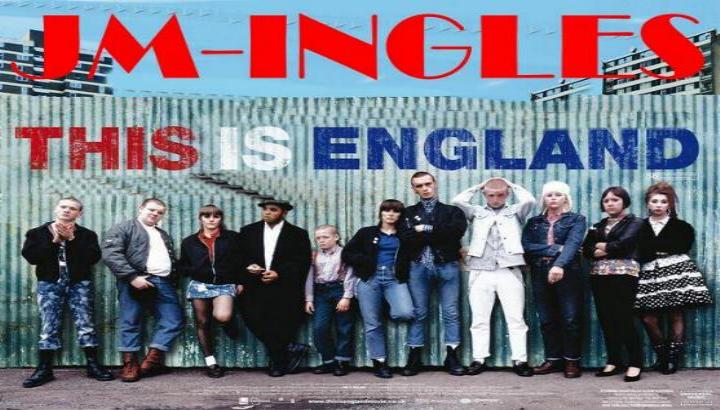Had better
JM-Inglés :: English Language :: Grammar
Página 1 de 1.
 Had better
Had better
Had Better

"Had better" is most commonly used to make recommendations. It can also be used to express desperate hope as well as warn people.
Examples:
You had better take your umbrella with you today. recommendation
That bus had better get here soon! desperate hope
You had better watch the way you talk to me in the future! warning
Using "Had Better" in Present, Past, and Future
Most modal verbs behave quite irregularly in the past and the future. Study the chart below to learn how "had better" behaves in different contexts.
1- Had better: Recommendation
Present: SHIFT TO "SHOULD" OR "OUGHT TO"
People should unplug toasters before they clean them.
People shouldn't clean toasters without unplugging them first.
Past: SHIFT TO "SHOULD HAVE" OR "OUGHT TO HAVE"
You should have unplugged the toaster before you tried to clean it.
You shouldn't have cleaned the toaster without unplugging it first.
Future:
You had better unplug the toaster before you try to clean it.
You had better not clean the toaster until you unplug it.
2- Had better: Desperate hope, warning.
The movie had better end soon.
They had better be here before we start dinner.
They had better not be late.
They had better not forget Tom's birthday gift.
Desperate hopes and warnings usually refer to the near future.
"Had better" is often simply pronounced as "better" in spoken English

"Had better" is most commonly used to make recommendations. It can also be used to express desperate hope as well as warn people.
Examples:
You had better take your umbrella with you today. recommendation
That bus had better get here soon! desperate hope
You had better watch the way you talk to me in the future! warning
Using "Had Better" in Present, Past, and Future
Most modal verbs behave quite irregularly in the past and the future. Study the chart below to learn how "had better" behaves in different contexts.
1- Had better: Recommendation
Present: SHIFT TO "SHOULD" OR "OUGHT TO"
People should unplug toasters before they clean them.
People shouldn't clean toasters without unplugging them first.
Past: SHIFT TO "SHOULD HAVE" OR "OUGHT TO HAVE"
You should have unplugged the toaster before you tried to clean it.
You shouldn't have cleaned the toaster without unplugging it first.
Future:
You had better unplug the toaster before you try to clean it.
You had better not clean the toaster until you unplug it.
2- Had better: Desperate hope, warning.
The movie had better end soon.
They had better be here before we start dinner.
They had better not be late.
They had better not forget Tom's birthday gift.
Desperate hopes and warnings usually refer to the near future.
"Had better" is often simply pronounced as "better" in spoken English

Compilator- Cantidad de envíos : 646
Fecha de inscripción : 15/07/2008
JM-Inglés :: English Language :: Grammar
Página 1 de 1.
Permisos de este foro:
No puedes responder a temas en este foro.
» 1º Bachillerato 2020- UNIT 4
» 1º Bachillerato 2020- UNIT 6
» 4ESO- 2020- UNIT 9
» The Michael Zager Band - Let's All Chant
» Voz pasiva: Ejercicios
» Oraciones condicionales Tipo I + Ejercicios
» Comparativos y superlativos: Ejercicios
» Present Perfect: Ejercicios